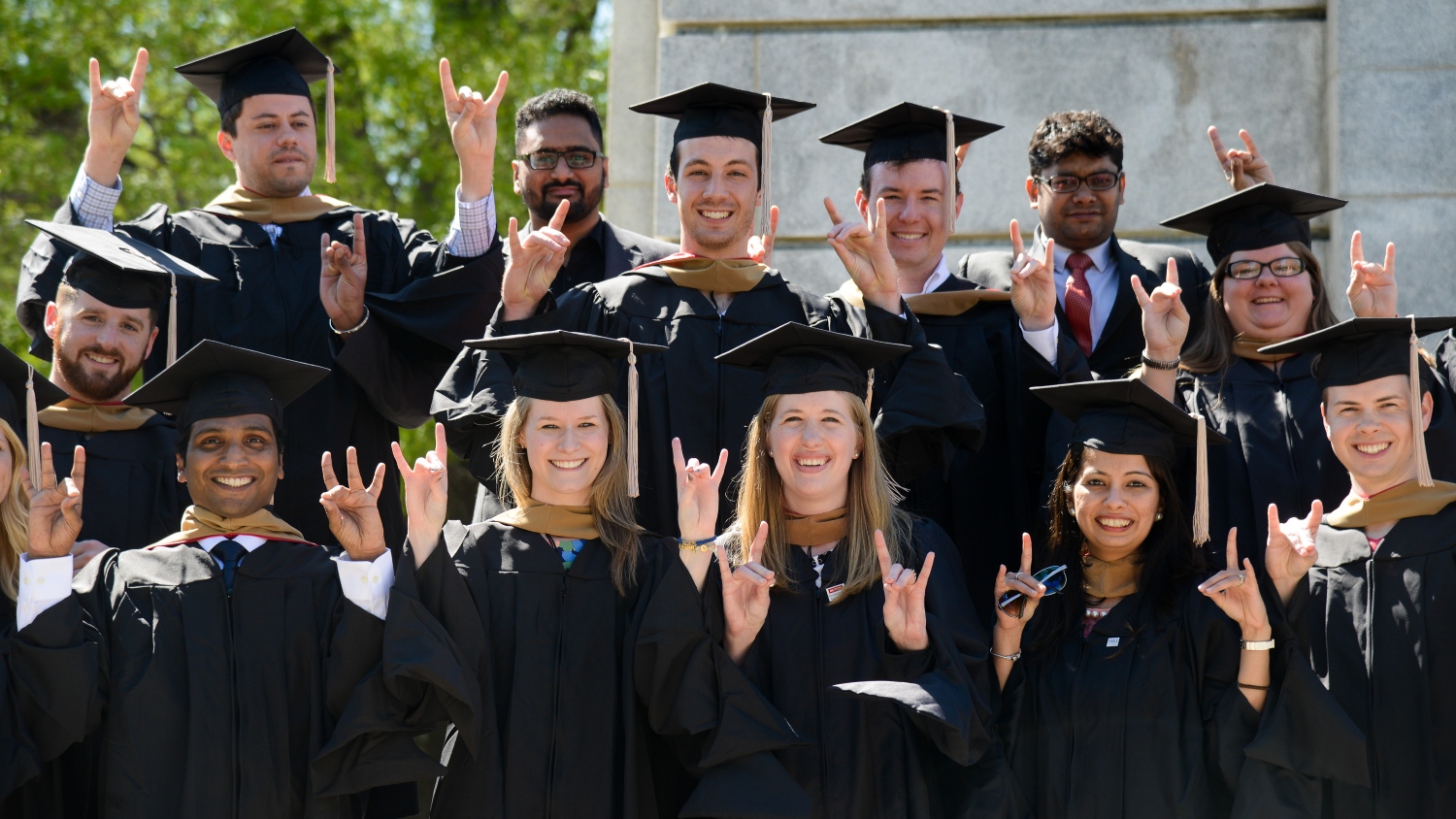An “Under-performer” or “Underrated?”
This post is authored by Steve Allen, PhD, associate dean for graduate programs and research at the Poole College of Management, NC State Univesity.
Find any person invested in an MBA program – a dean, faculty member, student, alum, or recruiter – and you will find a different opinion on business school rankings. Most of us have a love/hate relationship with the rankings: we love them when we are ranked well, and we hate them when we’re not!
I have generally held the opinion that – along with many other characteristics of a management education program – rankings can serve as an additional perspective for potential applicants to review as they consider what’s important to them. In fact, when applicants ask me about a specific ranking, I like to give them some insight into the components of that ranking.
For instance, did you know that Bloomberg Businessweek’s full-time MBA ranking is largely based on student and recruiter assessments of the programs, while US News & World Report’s MBA ranking places a significant focus on what it calls “student selectivity,” which includes factors like standardized test scores and acceptance rate?
Just last week, Poets & Quants blogger Jeff Schmitt published a post called “How Recruiters Rank MBA Programs,” in which he compared the recruiter rankings in the most recent US News ranking of full-time MBA programs to schools’ overall rankings. I couldn’t agree more that this analysis is an intriguing one, as I would argue that recruiter satisfaction is one of the cleaner measures of the success of an MBA program.
Schmitt writes, “For many, U.S. News’ recruiter assessments are a more reliable measure of a school’s value. Unlike academics, who are removed from the daily operations and students of rival campuses, recruiters know their schools intimately.”
In the NC State Jenkins MBA program, we have a practical approach to business education, providing our students with multiple opportunities to “practice” what they learn in the classroom within real company settings. Perhaps that is why recruiters ranked us No. 33 among MBA programs in the United States, compared to our overall ranking in the US News survey of No. 88.
Schmitt writes, “Take North Carolina State, for example. They may rank #88 overall, but recruiters peg their students higher than those from Top 40 programs like Minnesota, Ohio State, BYU, Rice, and Maryland.”
But because there is such a large gap between the recruiter and overall rankings, we end up being at the top of what Schmitt dubbed his “underperformers” list.
On this point, I must strongly disagree. From where I sit, NC State’s MBA program is not underperforming. Rather, I would assert we are underrated. Where we underperform is not getting our story out to other deans and MBA directors about how effective our real world project oriented MBA is, and how well our students perform post graduation. Ultimately, students come to an MBA program for career opportunities, and career development is a clear strength of the NC State Jenkins program.
Right now, we’re one of the best kept secrets in MBA education. I want to ensure that doesn’t last.
- Categories:


